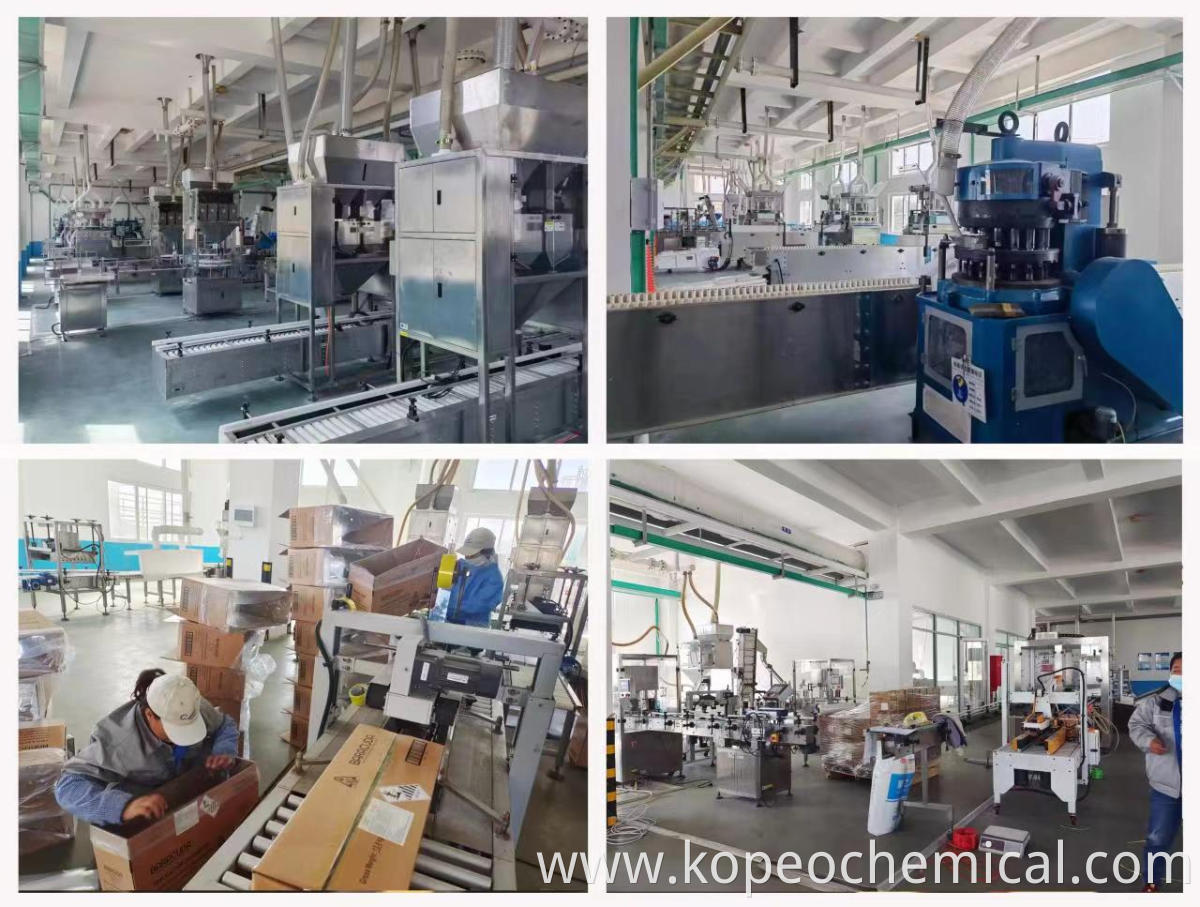Addition of Copper Sulphate in feed Copper Sulphate is a commonly used feed additive, widely used in livestock and poultry feed. It can improve the growth rate and immunity of animals, promote muscle and bone development, and prevent and treat certain diseases. Therefore, the correct addition of copper sulphate is essential for the health and performance of livestock and poultry. Copper Sulphate is an important trace element for animal health and growth and development. Firstly,Copper Sulphate can promote the growth rate of animals. Copper Sulphate can activate the activity of certain enzymes and promote the absorption and utilisation of nutrients, thus increasing the growth rate of animals. However, we need to pay attention to the use of copper sulfate and precautions. Copper Sulphate should not be added directly to the feed, but should be mixed well with a part of the feed before adding it to the whole feed. This can avoid the reaction between Copper Sulphate and other ingredients in the feed, which will affect its stability and effect. Secondly, when using Copper Sulfate, attention should be paid to controlling the additive amount and avoid overuse. Excessive Copper Sulphate will have adverse effects on the intestinal tract and liver of animals, and even cause poisoning. In addition, Copper Sulphate should be stored in a dry and cool place, avoiding contact with other substances to prevent chemical reaction.
Company information
The company's main import and export products include:
(1)Catalysts And Auxiliaries:The catalyst is the active component that really acts as a catalyst and reduces the activation energy of the reaction. The additives, on the other hand, are auxiliary components, either structural additives or electronic additives, which can improve the stability of the catalyst, while the electronic additives can modulate the electronic properties of the catalyst.Our main Catalysts and Additives products include Plastic additives、Rubber Additives、Water Treatment agent.
(2)Polymers:The advantage of Polymers is that they can be easily formed into the desired shape using a variety of techniques such as solution casting, melt moulding, or machining. As a result, polymer-based implants are relatively inexpensive to manufacture.
